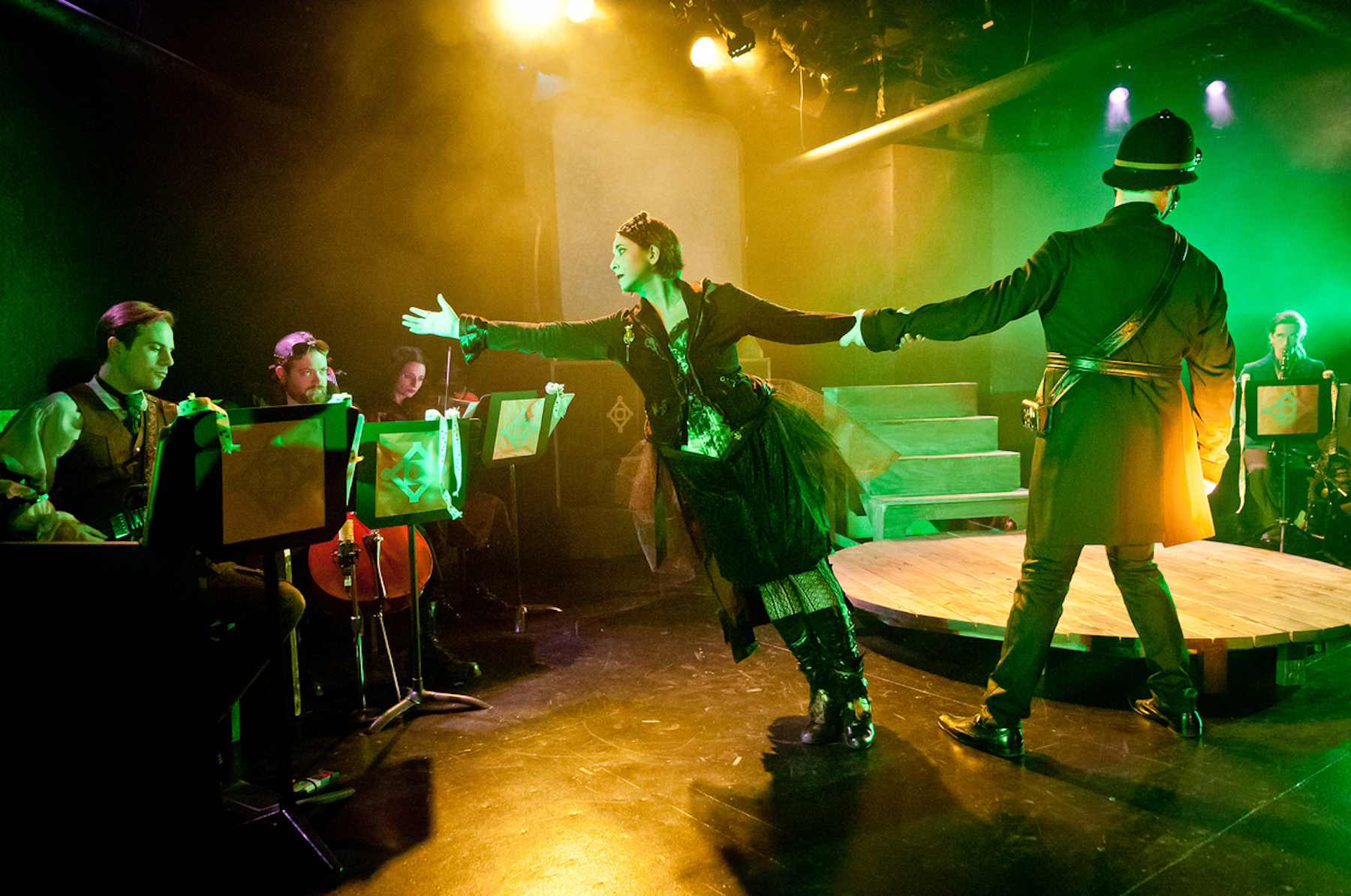
05 Aug Guest Blog | Kamala Sankaram
KSF Artists of Choice is open to artists across the disciplines of dance, theatre, musical theatre and film. Over the next few weeks, we will post guest blogs from some of our 2016 grant winners about how the grant has impacted their work. Applications will be open in early 2017.
Name | Kamala Sankaram
Project | Looking at You
Year Awarded KSF Grant | 2016
What does the KSF grant mean to you and your project?
The beginning stages of a new show are full of uncertainty. This is particularly true for Looking at You, which is more ambitious and complex than anything else I’ve written, both in terms of the technology that will be required and the actual creation (and programming) of the music. To have a panel of people who are at the top in the field say “Yes, we believe in you and your piece” is really inspiring!
What inspired your project?
Rob (my collaborator) and I were in a residency together when the Snowden revelations occurred. We both knew that we wanted to make a piece about the impact of this story, and about the larger impact of technology on the world. We were originally unsure of how best to make a piece that was topical, but would also make sense 20 years later. The solution came in looking at the noir films of the 30s and 40s, which feature a similar unease with the technology of the time, and have a very well developed vocabulary. This vocabulary has allowed us to take inspiration from Snowden while creating an entirely new story with a structure familiar to the audience.
Talk about your journey prior to the receiving the award. What kind of difficulties or roadblocks did you encounter along the way? How did you overcome them?
This project has been a labor of love for both of us. When we started working on it, we had only a concept - no story, no music, and definitely no funding but we both believe in the piece and we persevered.
While I’ve had a career in music, and have played music for most of my life, my graduate education was in social science (I have a PhD in Cognitive Psychology). I didn’t come into the field with a built-in network or a sense of how one is supposed to build a career. Instead, I’ve made choices based on the people I want to build relationships with and the kinds of stories I’ve wanted to tell. This has meant that I haven’t always done things the easiest way, but I’ve always been able to work with wonderful collaborators and to tell stories that are meaningful to me.
What would you say have been the most defining moments of your career thus far?
It came after my second show, Thumbprint, an opera about the first woman in Pakistan to win a court case involving an honor crime. A young South Asian woman came up to me after the show. She told me that she didn’t think she liked opera, but that the piece has moved her to tears. She also told me how wonderful it was to see a cast of South Asians on the stage. As a biracial woman, it confirmed for me that there is an audience of people waiting to see their stories in the theater. It strengthened my resolve to continue trying to tell them, and to make a point of diverse casting.
Do you have any advice for emerging artists?
There is a lot of pressure to try and sound like whomever the top-selling or top-producing artist is at the moment. I think the most important thing is to search out your own voice and stay true to it, even if it doesn’t mean instant success. In the end, if you have made something that is true to you, that is the most important thing, and that is what will set you apart.
Read more about Kamala’s project here.
Kamala discusses here project here.
